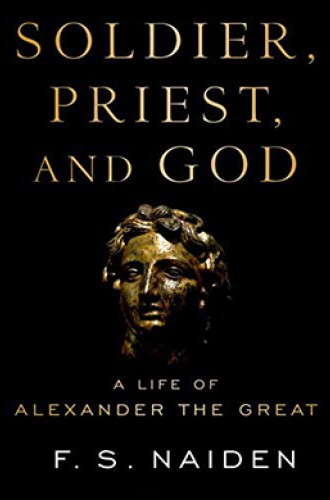What made Alexander the Great so great?
F. S. Naiden's biography weaves Alexander's religious proclivities into his well-known martial exploits.
A while back, some group or other of historians ranked the most important figures in history, and when they chose Alexander the Great as number one, it caused enough of a stir that I heard about it on NPR. My New Testament professor at seminary made a similarly surprising claim. He said that, without Alexander, Christianity would not have spread as it did, for it was on his empire’s roads, subsequently paved by the Romans, that the good news traveled hither and yon.
Yet outside of history departments, Alexander gets short shrift. He doesn’t occupy the popular imagination nearly as much as ancient religious figures like Jesus, Muhammad, or Buddha. If I asked you to name some emperors, I bet you’d say Augustus and Nero and Constantine before you’d mention Alexander. But by any honest reckoning, Alexander merits a spot at the top of the list.
Alexander III was born in 356 BCE. He succeeded his father, Philip II, as the king of Macedon at age 20. By the time he died just 13 years later, he’d led a virtually nonstop military campaign and conquered kingdoms from Greece to India.






